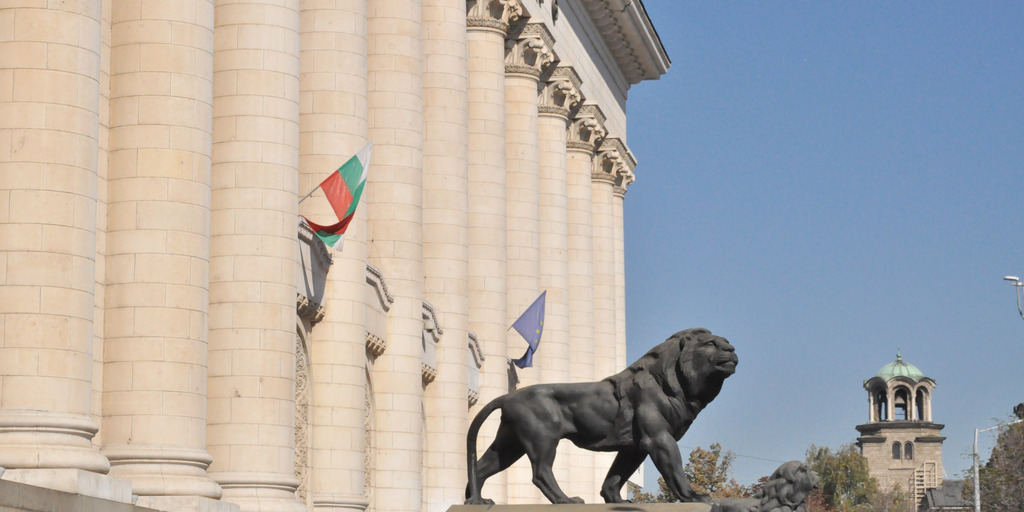by KAROLA KLATT
For the second time this year, Bulgarians are electing a new parliament. After long-time Prime Minister Boyko Borisov and the other political forces failed to form a government in April, new elections were called for 11 July. No less than three new parties with evocative names - "There Is Such a People", "Democratic Bulgaria" and "Stand Up! Mafia, Get Out!" - entered parliament in April at the expense of the established parties. They benefited from the mass protests of the summer of 2020, when thousands took to the streets to express their outrage against Borissov's government, which they accused of corruption and mafia-like behavior. All these new grouping had categorically ruled out coalitions with the ruling elite even before the elections.
The Time Series of Sustainable Governance Indicators (SGI) by Bertelsmann Stiftung reveal that Bulgaria has not made any progress in the fight against corruption for years. Since 2014, the country experts have rated corruption prevention with only a meagre 4 out of 10 possible points, although relevant legislative changes have also been achieved during this period. The SGI Country Report 2020 for Bulgaria states that: “In line with recommendations by the European Commission and the Council of Europe, new legislation creating a unified anti-corruption agency was adopted by parliament in December 2017. However, new agency has not been very effective either in bringing cases of high-level corruption to court or in confiscating illegally acquired property.”
In the spring, hopes were sparked that there would be some impact from the new parties who stand in the way of the hungry power elite. But these have not been borne out. Scandalous revelations of abuse of power and nepotism continue to dominate the headlines ahead of the July ballot.




